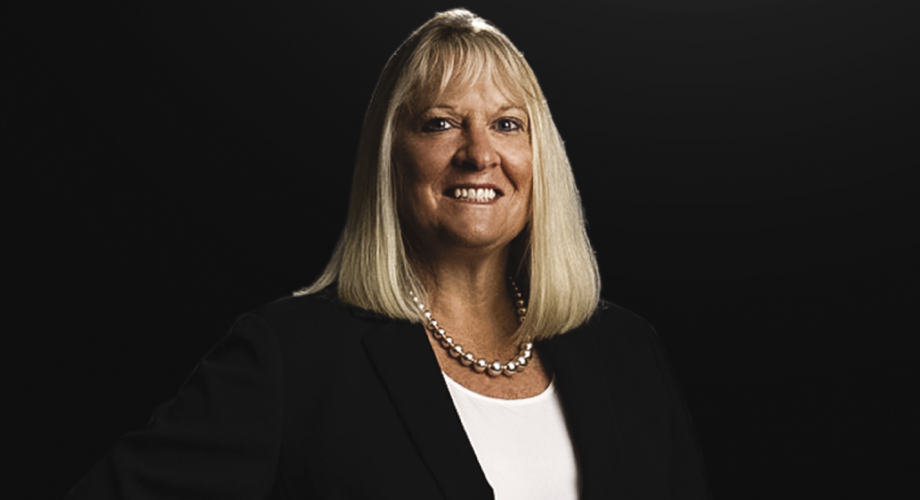Innovation and population growth are key drivers for Pegasus Residential’s expansion into new markets.
Since its launch in 2009, Pegasus Residential has become a major player in the apartment industry. The Alpharetta,Ga.-based third-party manager has a significant presence in the Southeast and Texas and is ranked on the National Multifamily Housing Council’s (NMHC) Top 50 Managers list. Recently, the company announced it would expand into Denver, Phoenix and Salt Lake City.
In this Q&A, Laurie Lyons, Vice President of Client Relations for Pegasus, discusses why the firm is pursuing opportunities in these new markets. A 30-year veteran of the apartment industry, she also provides her thoughts on how the sector will perform in 2021 and the biggest challenges currently facing operators.
Why has Pegasus chosen Denver, Phoenix and Salt Lake City as the markets in which it wants to expand?
Lyons: For starters, these are growing, booming metros. According to information compiled by Statista, metro Phoenix’s population grew by 18% from 2010 to 2019. Denver's increased by nearly 17% and Salt Lake City's by more than 13% in the same period.
With that population growth and economic activity comes an increase in demand for multifamily. Developers are judiciously pouring money into new properties in these markets, and we feel very good about the long-term outlook of the apartment markets in these cities. Also, one of our specialties is leasing-up new developments, and there will be plenty of apartment communities coming online in these cities in the years ahead.
At what types of properties in these markets are you pursuing management opportunities?
Lyons: We’ll certainly be pursuing management assignments at new ground-up developments as well as existing Class A communities. For the most part, we'll be focusing on properties in the suburban areas of these markets.
The last year has certainly been a challenging one for apartment operators. What do you think are the biggest leasing challenges currently facing operators, and how is Pegasus meeting those challenges?
Lyons: Certainly, leasing in a pandemic with social distancing protocols and limited onsite staff continues to be a huge issue facing operators, but I think the industry has responded well.
At Pegasus, we have always placed a strong emphasis on technology and innovation, so we were already using self-guided tours and virtual tours when the pandemic hit last spring. With the infrastructure and knowledge we already had in place, we were able to quickly implement these technologies across our entire portfolio in a matter of days once COVID hit. We also began using an AI solution that serves as a leasing agent. It can communicate with prospects over the phone and by text, chat and email. This helps us manage and engage with leads in the current environment and will also serve us well when the pandemic ends and leasing returns to a more normal situation.
During 2020, we saw operators embrace technology like virtual tours and self-guided tours to a degree they never had before. What are some other ways in which you see the industry innovating in 2021 and beyond?
Lyons: I think that, even after the pandemic, more prospects and residents are going to want contactless experiences—everything from touring and signing leases and renewals to moving in by getting a key code across their phone. Operators will continue to find more ways to create those experiences.
I also believe that, moving forward, you’re going to see more concierge and lifestyle services onsite. Cleaning services, furnished apartments, dog walking, work-from-home spaces and co-working spaces—you name it. More apartment communities will be like oases where residents can do everything from there—live there, work there, play there.
Looking at the markets Pegasus is in as well as the country as a whole, how do you see the apartment industry performing in 2021?
Lyons: I think the industry will perform well. Analysis from Real Page shows that January rents in the U.S. were extremely close to the all-time highs we saw in the very early part of 2020.
Moving forward, the apartment industry will be well-positioned to provide the lifestyle that so many want. Modern multifamily communities can provide such a high level of service and provide such a wide array of desirable amenities. Plus, living in apartments affords renters the flexibility to be mobile and move in a way that homeownership doesn’t always provide. These days, more and more residents want that flexibility.
Stephen Ursery is a Content Manager for LinnellTaylor Marketing.
